How to Center Women in the Global Fragility Act
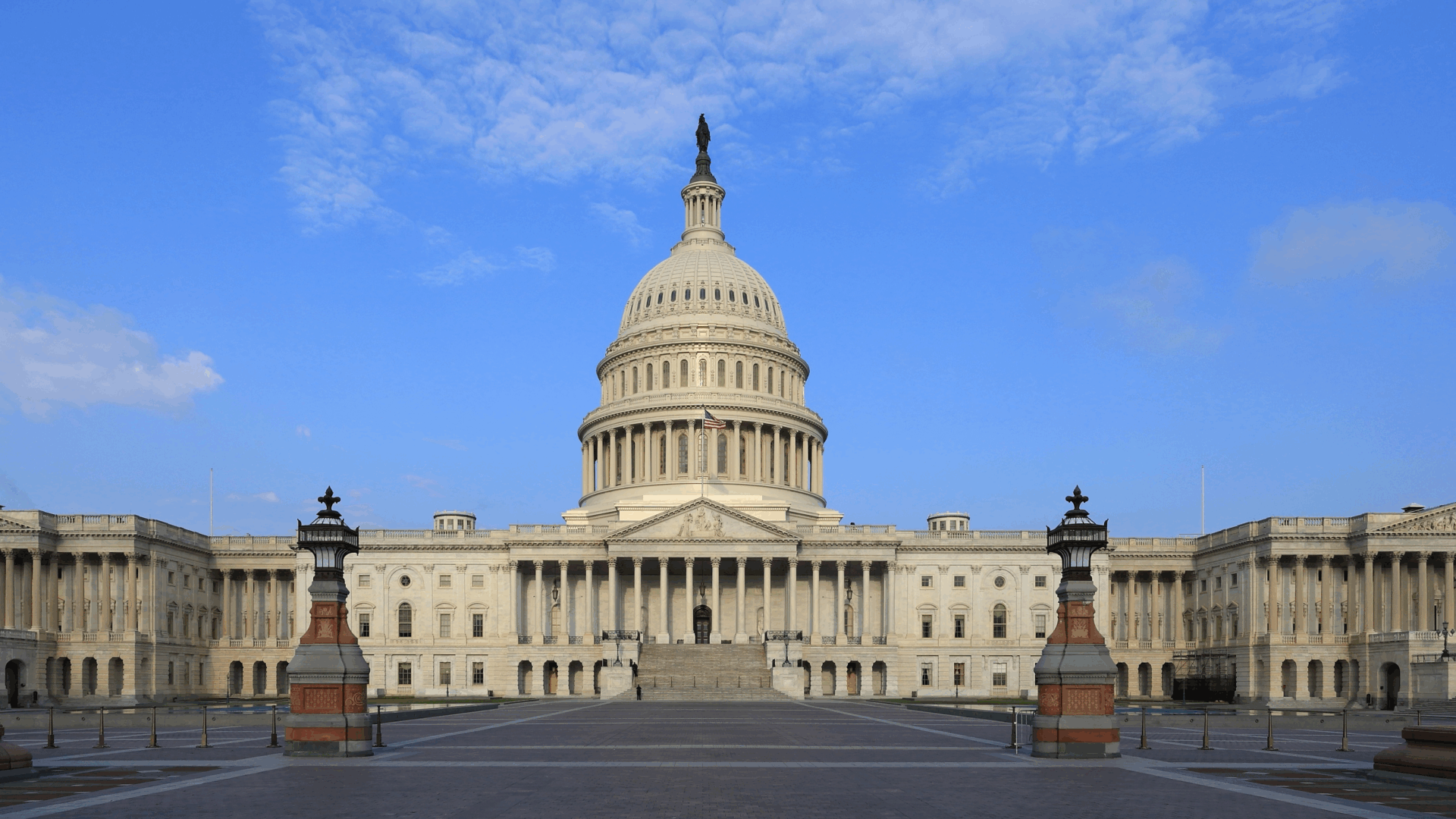
Signed into law in December 2019, the Global Fragility Act calls for the first ever government-wide strategy to address the root causes of violence and conflict. As women and girls are disproportionately impacted by fragility and conflict—and are often an overlooked part of stability solutions— gender experts, academics, and civil society must become familiar with the new law and push for gender-informed implementation.
The new law mandates the creation of a 10-year interagency Global Fragility Strategy to be tested in at least five fragile regions or countries, yet to be identified. In selecting the five countries, indicators such as levels of gender-based violence and youth violence will serve as key criterion.
This strategy must: “address the long-term underlying causes of fragility and violence through participatory, locally led programs, empowering marginalized groups such as youth and women, inclusive dialogues and conflict resolutions processes, justice sector reform, and good governance.”
While the law is greatly informed by the Women, Peace, and Security Act of 2017, unlike the WPS Act, it carries with it a large fund. A new Prevention & Stabilization Fund will dedicate up to $200,000,000 yearly for the next five years committed to addressing fragility and prevention of conflict. The GFA therefore offers a vehicle to operationalize some of the goals of the WPS Act. The Executive Branch has until September 15, 2020 to draft the initial strategy: it’s on us to ensure that it reaches its full potential by centering women.
Why It Matters
The law is designed to prioritize the needs and voices of those most impacted by war and conflict.
It is unique because it mandates high-level coordination between the ‘three legs of the stool’—democracy, development, and defense—with civil society, says Uzra Zeya, President and CEO of Alliance for Peacebuilding, which steered a coalition of more than 65 civil society actors who advocated tirelessly for this legislation.
The development of a coherent, integrated strategy that aims to address root causes of conflict through a participatory and collaborative approach is, put simply, quite revolutionary.
“Ultimately,” Zeya says, the Global Fragility Act “reflects a growing consensus that the foreign policy of the last two decades hasn’t been cutting it.” This echoes the findings of the US Institute of Peace’s Task Force on Extremism in Fragile States which found that the US policy on prevention was disjointed and a shared framework for strategic prevention is crucial in order to reduce violent extremism in fragile states around the world.
Zeya emphasized that the bill will also fundamentally alter how we measure success. “[It] will seek to move past measuring success as merely implementation but instead look at the long-term impact. These fragility strategies will measure the impact of the totality of assistance to see if funding is helping or hurting in the long-term. It also offers opportunities to fill crucial data-gaps on women’s roles in mitigating violent conflict.
The Roles of Women in the Global Fragility Act
We know that fragility exacerbates existing gendered discrimination and violence, and in some instances sexual violence is used as a tool of war. However, this often obscures the parallel: that women are instrumental in resolving and recovering from conflict in communities throughout the world.
The Global Fragility Act is an opportunity for us to reframe the narrative that women are victims or passive recipients and see women as an essential element of peace in formal and informal capacities.
Zeya believes the legislation’s emphasis on localization creates a real opportunity for gendered implementation. Having spent over two decades as a US diplomat prior to heading Alliance for Peacebuilding, Zeya has seen first-hand the inefficiency of allowing US government funding in fragile states to concentrate in the capital cities. “…Not everything has to be carried out by USG actors and officials who are often new to the environment, limited by security restrictions, and motivated by short-term political prerogatives.”
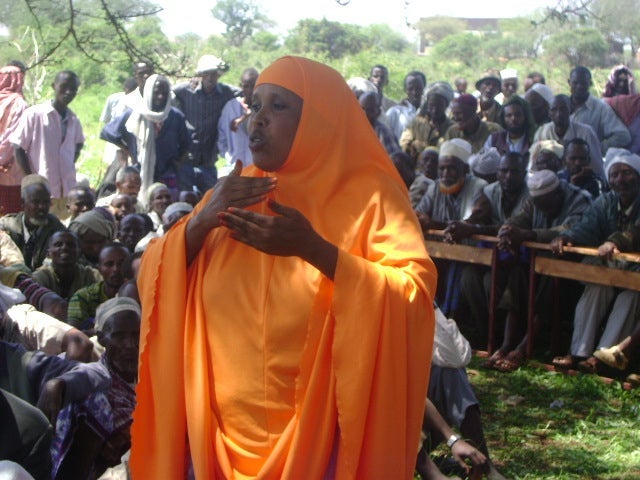
The Global Fragility Act, she says, signals a “paradigm shift in that it encourages local actors, participatory locally-led programs, empowering youth and women, and calls for a stakeholder process which includes developing this strategy with civil society.” A deeply contextualized Fragility Strategy will be far more effective than siloed programming from DC-based policymakers alone.
While robust literature has shown the impact of women in formal peacebuilding roles, less has been done to document the impact of women’s informal roles in peacebuilding. The Global Fragility Act offers an invaluable opportunity to gather the most comprehensive data to date on the positive impact of investing in women and their communities.
A Call to Action
Though this legislation offers opportunities to center women’s voices and document their impact, we cannot be complacent. In order to be successful, implementation has to integrate meaningful participation of women and girls on the ground, and in civil society stakeholder organizations. Civil society organizations, academic institutions, and government agencies must identify actors and help build closer connections with local partners, help inform these 10-year strategies, and identify what works and what does not.
Zeya emphasized the need for engagement from programs bolstered by local leadership, inclusion, and rooted in evidence. In the executive branch, she stressed the importance of this work not being siloed to one bureau or even one agency.
Zeya declared that the Alliance for Peacebuilding, a women-led organization, has “every intention of leading the implementation effort in a way that elevates women’s leadership in solving seemingly intractable problems.”
When asked her how the Global Fragility act may play a role in the changing liberal world order, she stated: “The Global Fragility Act is not a manifestation of feminist foreign policy, but it could be a building block towards one.” So, now it seems, we must build.
Cristine Pedersen is a Masters Candidate at Georgetown University’s School of Foreign Service. Prior to Georgetown, she served as an Arabic translator in the United States Marine Corps. Her research now focuses on gender, civilian-military engagement, and humanitarian response in fragile contexts. Following graduation, she will be entering the US Foreign Service.
Explore More
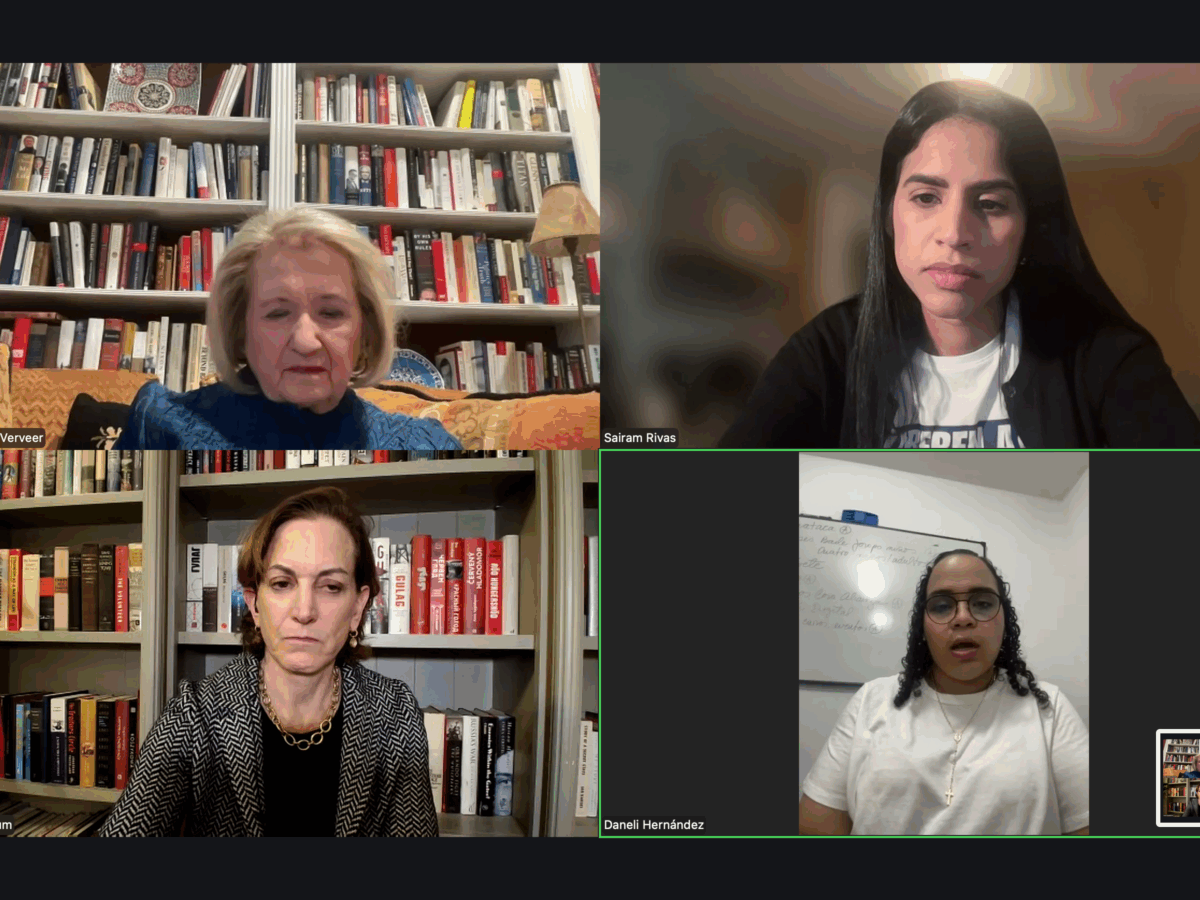
Acclaimed Journalist Anne Applebaum and Women Human Rights Defenders Discuss Implications of…
The people of Venezuela are uncertain about their political, social, and economic…
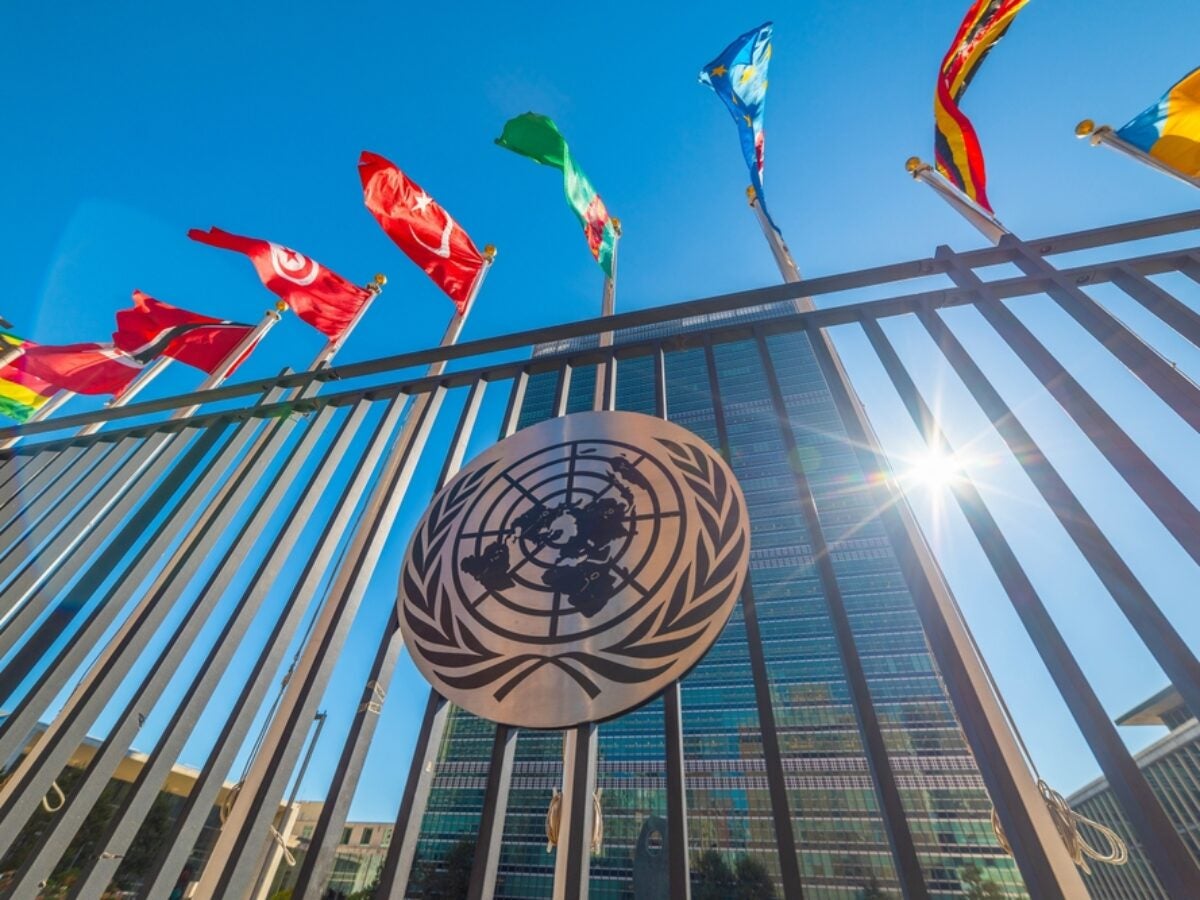
GIWPS Analysis: The US is Pulling Back from Multilateralism
This week, the White House issued a presidential memorandum announcing that the…
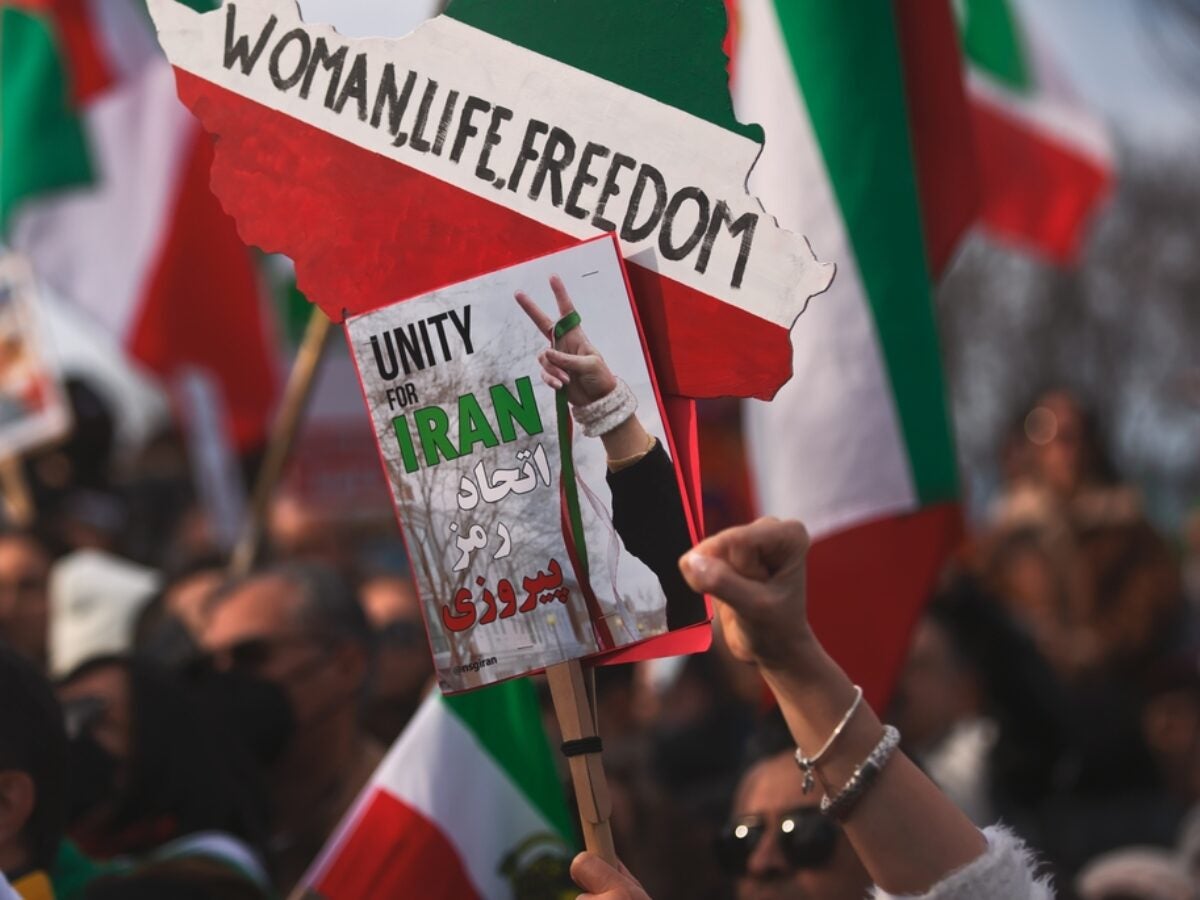
GIWPS Analysis: Iran’s Escalating Political Repression and the Arrest of Narges Mohammadi
Iranian authorities detained 2023 Nobel Peace Prize awardee Narges Mohammadi during a…